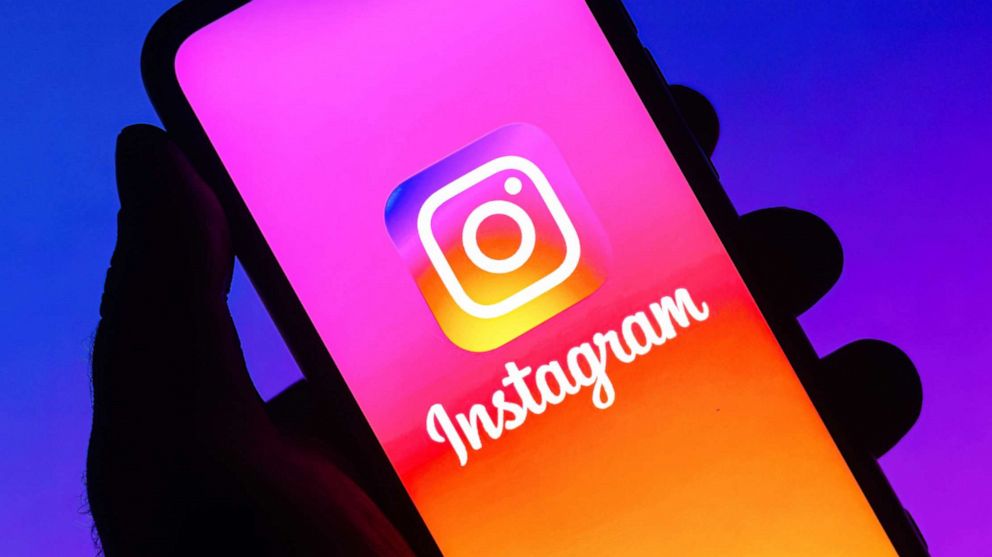


A small handful of Instagram content creators can now directly charge followers a monthly subscription fee for exclusive content and benefits in the latest shakeup to impact the ever-evolving digital creator economy.
Instagram's parent company Meta announced the news in a company blog post, saying it is part of an effort to help enable creators to make a living through its platforms. Meta-owned Facebook launched a similar subscriptions service in 2020 and is now rolling the service out as a test on Instagram after positive feedback from Facebook content creators.
Meta previously said it would not collect any fees from creators on Facebook Subscription purchases until 2023 at the earliest, and said this will also apply to Instagram Subscriptions.
MORE: Microsoft to acquire gaming giant Activision Blizzard for $68.7 billion"With Instagram Subscriptions, creators can develop deeper connections with their most engaged followers and grow their recurring monthly income by giving subscribers access to exclusive content and benefits, all within the same platform where they interact with them already," Meta stated.
The test of subscriptions on Instagram rolled out Wednesday with a small handful of creators, who can set a monthly price of their choice, unlock a "subscribe" button on their profile and offer new benefits to these subscribers including exclusive Instagram Lives and Stories. Content creators will also see a subscriber badge next to comments and messages from their subscribers to more easily identify them.
"Creators do what they do to make a living, and it's important that that is predictable," Head of Instagram Adam Mosseri said in a video posted to Twitter. "And subscriptions are one of the best ways to have a predictable income, a way that is not attached to how much reach you get on any given post, which is inevitably going to go up and down over time."
MORE: How sky-high inflation is evaporating Americans' savings, imposing 'cruelest tax' on the poorThe announcement comes as fellow social media giant Twitter recently announced a similar subscription business model for users, and as Meta and more social media platforms have invested heavily in content creators for their platforms.
Meta alone said last July that it plans to invest more than $1 billion in programs "that give creators new ways to earn money for the content they create on Facebook and Instagram."
The major investments also come, however, as lawmakers and regulators have renewed scrutiny on the power and reach of U.S. tech giants in recent months -- and particularly their impact on the mental health of young people. Just last month, Mosseri was called to testify before lawmakers for the first time specifically about the platform's impact on young users.
Despite the high-profile attention out of Washington, D.C., policymakers have struggled to agree on any concrete law or regulatory changes to crack down on Big Tech.